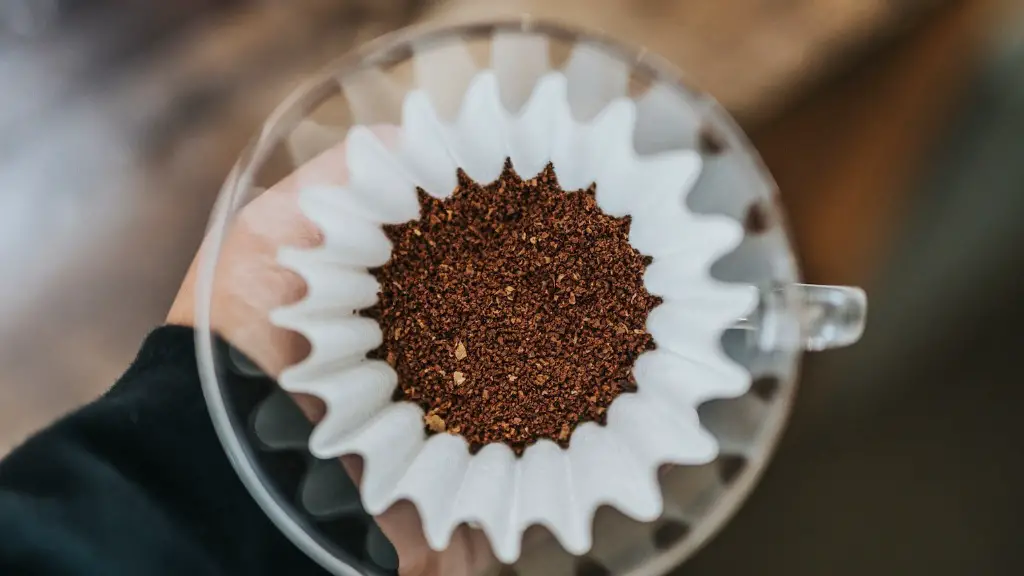What Is Antacid?
Antacids are a type of medication used in the treatment of heartburn and indigestion. It is usually available in tablet, liquid or powder form and works by neutralizing the acid in the stomach. Common active ingredients in antacids include magnesium hydroxide, calcium carbonate, sodium bicarbonate, aluminum hydroxide and calcium citrate. Antacids are used to relieve symptoms of mild indigestion, reduce stomach acid, and prevent acidity related heartburn and diseases.
Can I Drink Coffee After Taking Antacid?
The answer to this question depends on the type of antacid you’re taking and the amount of caffeine in your coffee. Generally, consuming coffee after taking an antacid is considered safe and does not cause any adverse side-effects.
However, for certain antacids, caffeine interacts with the active ingredients in the drug which may reduce its effectiveness. Antacids containing aluminum and calcium are known to have this interaction. Caffeine also increases the gastric emptying time which can reduce the absorption of the drug, resulting in a decrease in its effectiveness.
Thus, it is recommended that one should wait for at least an hour before having coffee after taking such antacids. Those taking antacids for regular or prolonged periods should always consult their doctor about their food and beverage options.
Other Side-effects
Other than this, excess intake of caffeine after consuming antacids can lead to digestive disturbance and acid reflux. This is mainly because antacids neutralize the stomach acid and the effects of caffeine in coffee can counter this effect.
Excess caffeine intake can also lead to excessive urination, nausea and vomiting, rapid heart and breathing rate, dizziness, body tremors, headaches, and dehydration. Therefore, it is recommended to limit the intake of coffee after taking antacids within the safe limit.
Alternatives to Coffee After Antacids
Some lower caffeine beverage options to consider after taking antacids are black tea, green tea, herbal tea, and decaffeinated coffee. These drinks are not only lower in caffeine but also have several health benefits associated with them – like reducing cancers, lowering the risk of diabetes and obesity, and improving metabolic health.
In addition to this, drinking a lot of plain water after taking antacids is a good option to stay hydrated and reduce any possible side-effects due to the antacid or slight interaction between caffeine and antacid.
Precautions
Additionally, vitamin and dietary supplements like multivitamins and iron supplements should be avoided after taking an antacid. This is because aluminum, magnesium and calcium present in antacids can affect the absorption of such supplements. Therefore, it is advisable to take such supplements at least an hour before or after taking an antacid.
Apart from this, one should always confirm about the interaction of the drug with other medications, beverages, and food items with their healthcare provider before consumption.
Conclusion
To summarize, it is generally safe to drink small-to-moderate amounts of coffee after taking antacids, however, following some precautions and limiting the intake of caffeine is important.
It is best to consult a healthcare professional before taking antacids on a regular basis to avoid any adverse effects of drug-to-drug interactions or nutrient absorption problems.

